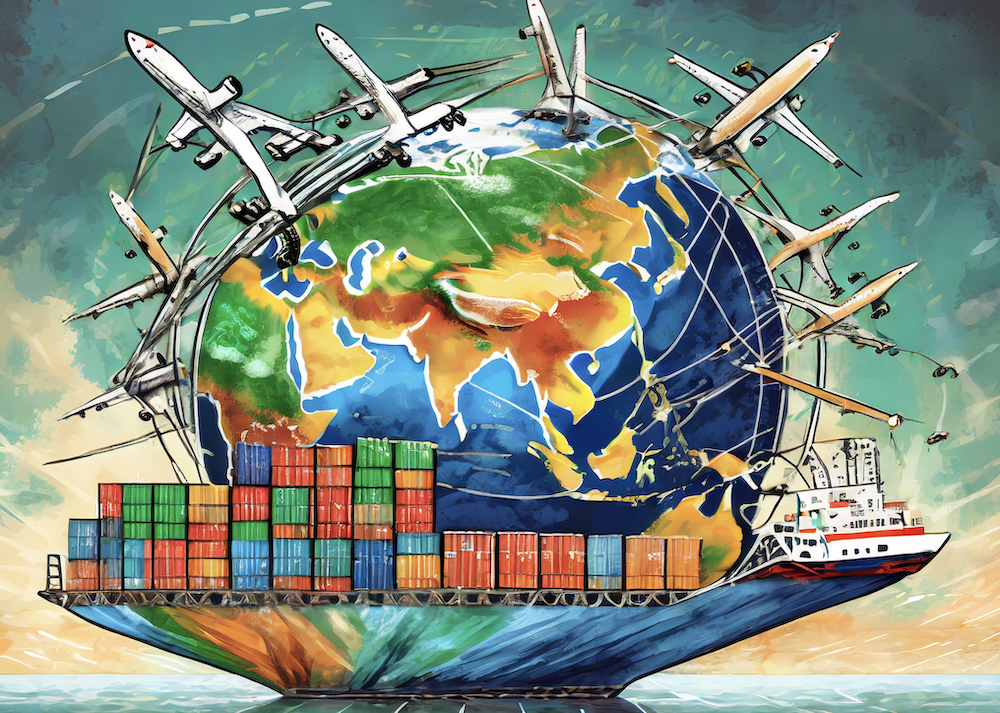Global trade has encountered significant disruptions in recent years. The challenges have underscored the urgent need for resilience and sustainability, particularly for developing countries. In that spirit, the United Nations Conference on Trade and Development (UNCTAD), in collaboration with the Government of Barbados, has announced the first ever Global Supply Chain Forum, set to take place May 21-24 in Bridgetown, Barbados. The event will set the stage for leaders and experts to discuss the evolving landscape of international trade and logistics.
One of the focal points of the forum will be an innovation challenge aimed at inspiring solutions to enhance the environmental efficiency and resilience of global production and distribution networks.
GSCF 2024, according to the release, will emphasize the crucial role of global supply chains in fostering economic growth, job creation, and poverty reduction, in alignment with the 2030 Agenda for Sustainable Development.
As part of the events commemorating 60 years since the establishment of UNCTAD, the forum will address the disproportionate impact of supply chain disruptions on vulnerable economies, particularly Small Island Developing States and Landlocked Developing Countries. Discussions will revolve around strengthening resilience and sustainability in global supply chains through trade facilitation reforms and digital innovations.
Research conducted by UNCTAD reveals that the COVID-induced supply chain crisis led to a 1.5% increase in global consumer price levels due to heightened maritime transport costs. The impact was significantly higher in SIDS, with a 7.5% rise in consumer price inflation.
Seaports, facilitating over 80% of global merchandise exchange, will also be a focal point of discussion at the forum. Strategies for enhancing the resilience of seaports, particularly in vulnerable coastal nations, will be explored. Additionally, digital solutions, including blockchain technology, will be advocated to address emerging risks and ensure the sustainability of global supply chains amidst growing e-commerce and cyber threats.
The GSCF 2024 aims to foster collaboration and highlight practical approaches to sustainable development and resilient transport. Over 500 participants from approximately 100 countries are expected to attend, with over 100 entities already confirmed as partner organizations. These include national policymakers, industry leaders, and international organizations such as the International Labour Organization, the International Maritime Organization, and the UN Industrial Development Organization.







Add new comment